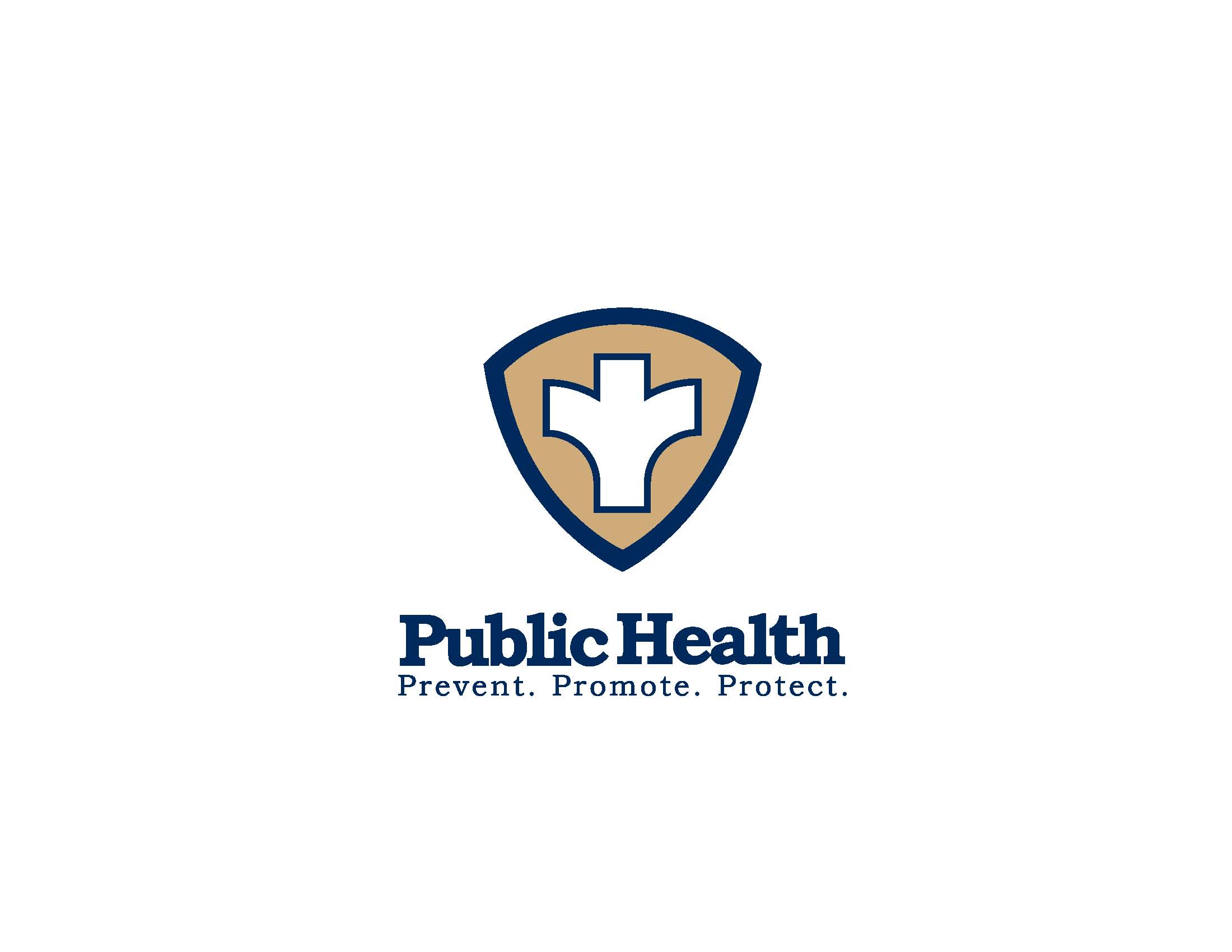Title
Course
PUBH-100: Global Issues in Public Health
Document Type
Report
Publication Date
2018
Disciplines
Bacterial Infections and Mycoses | Environmental Health and Protection | Public Health | Water Resource Management
Description, Abstract, or Artist's Statement
The bacterium Vibrio cholerae, when ingested, infects the intestines and causes a communicable diarrhea disease called cholera. Outbreaks of cholera occur in areas with poor sanitation and sewage treatments where fecal material of an infected person contaminates the water. These areas include Southeast Asia, Haiti, and sub-Saharan Africa, including Uganda. From 2011-2016, an analysis of Ugandan cholera data showed ‘hot spots’ of cholera cases in fishing communities with incidence rates as high as 120-998 cases per 100,000 people. An analysis of these same districts from 2011-2015 showed an average Case-Fatality Ratio of 2.4%, with the worst district as high as 5.8%. Interventions in Uganda to better dispose of feces, chlorinate pope water, and treat drinking water stopped a 2015 outbreak. Vaccination and drinking bottles that help remove bacteria from water may also be helpful in preventing outbreaks.
Augustana Digital Commons Citation
Verran, Emilie. "Cholera: Uganda" (2018). Global Issues in Public Health.
https://digitalcommons.augustana.edu/pubh100issues/2
Creative Commons License

This work is licensed under a Creative Commons Attribution 4.0 License.
Included in
Bacterial Infections and Mycoses Commons, Environmental Health and Protection Commons, Public Health Commons, Water Resource Management Commons

